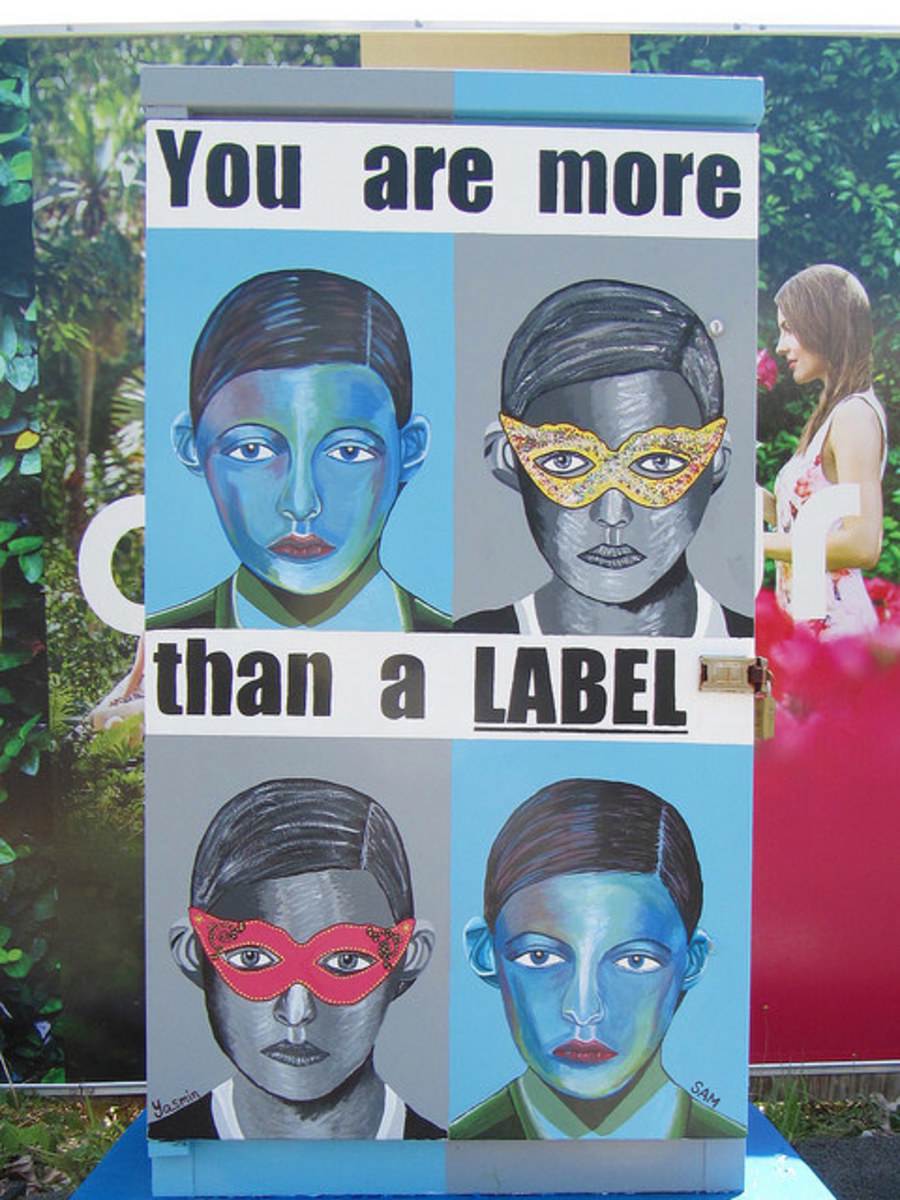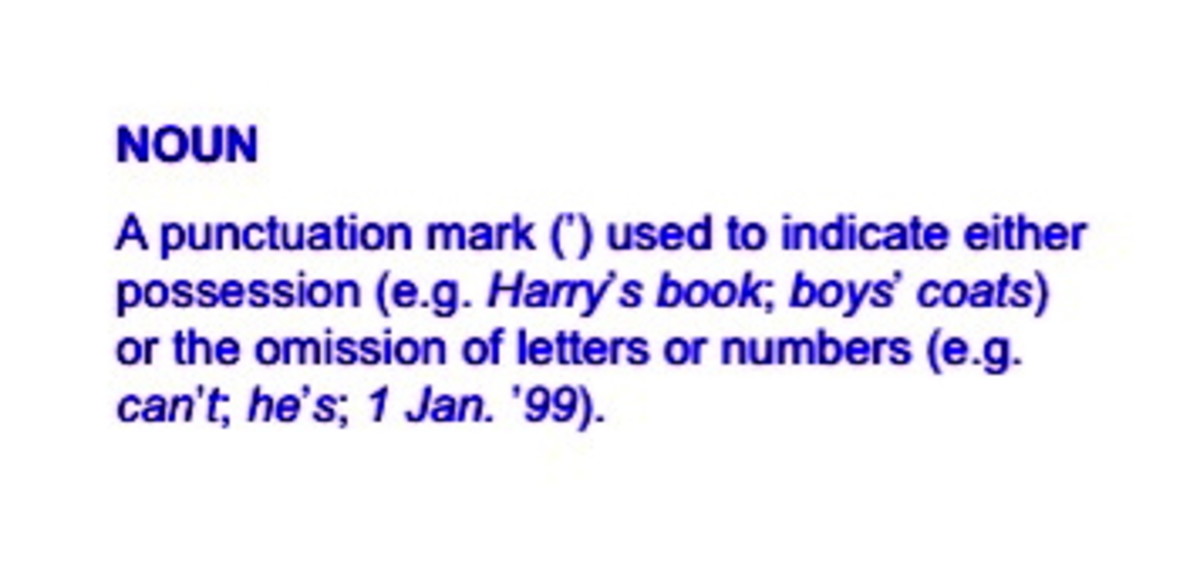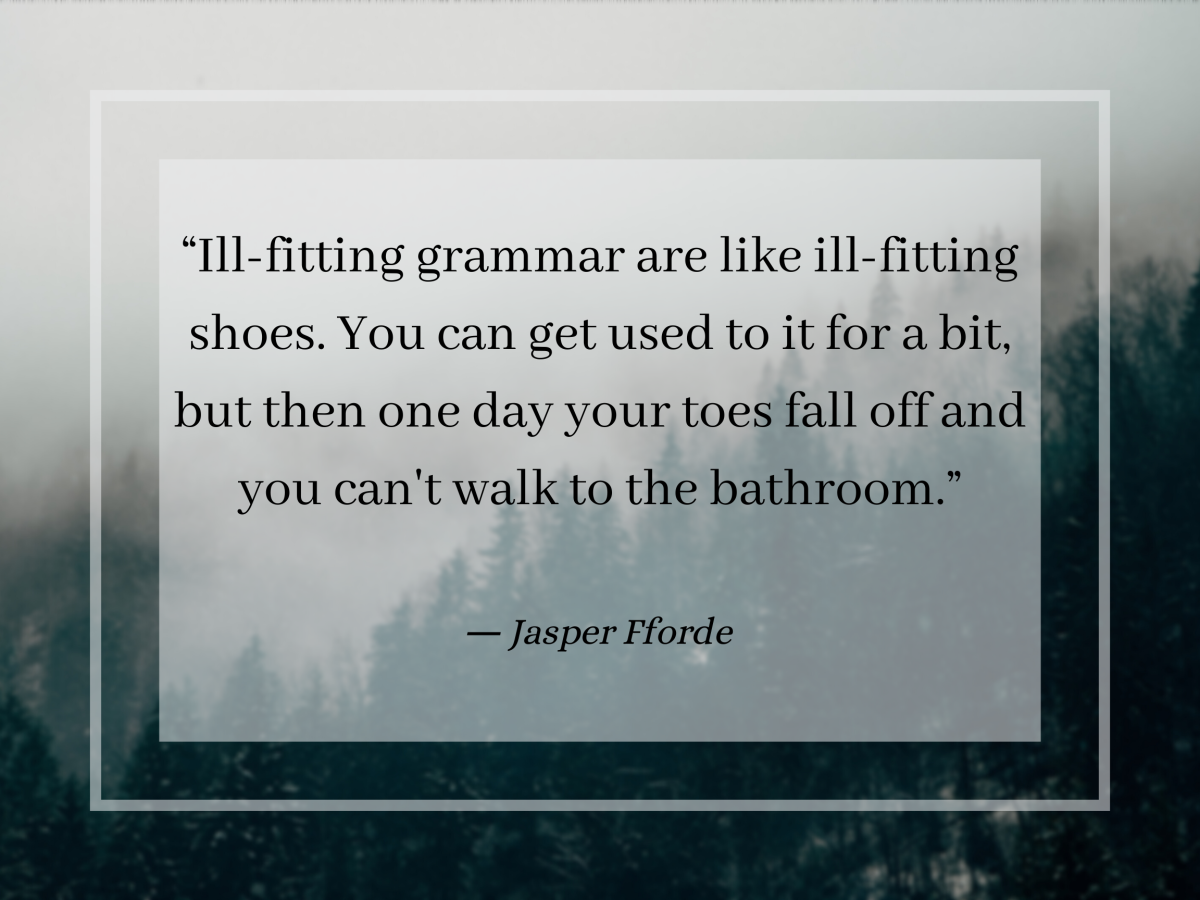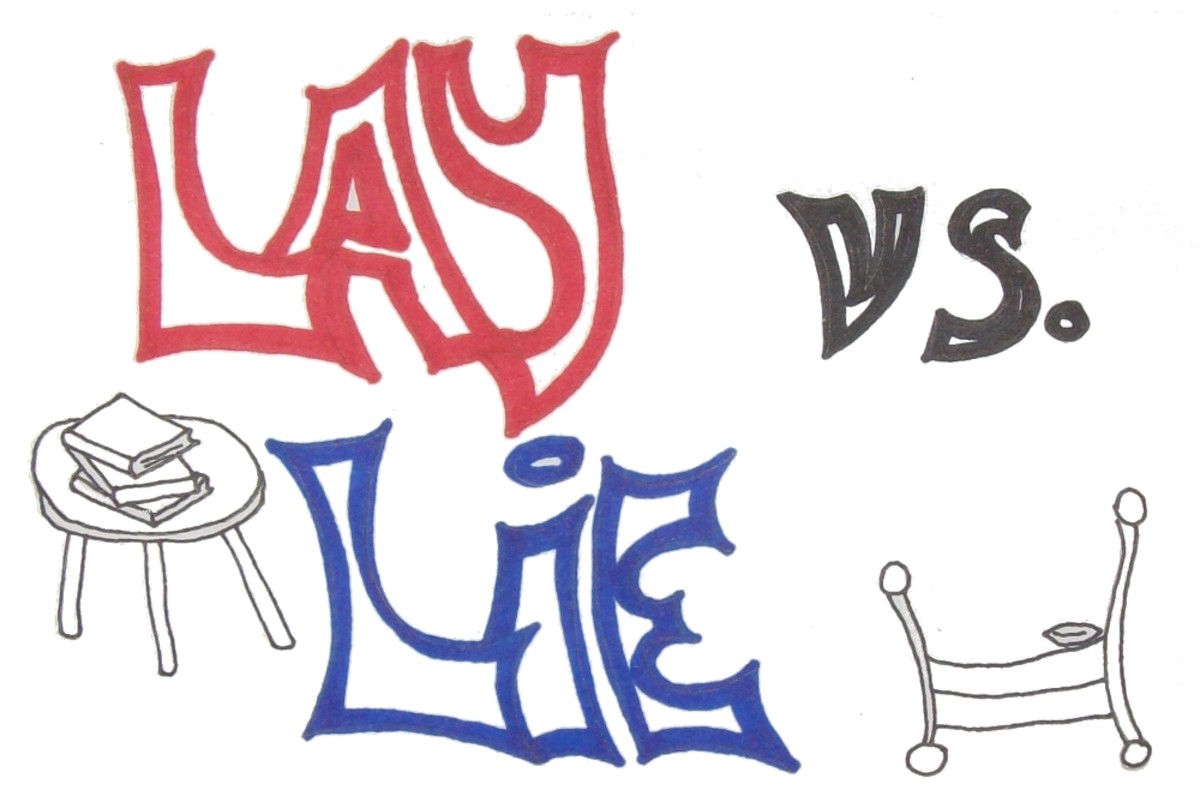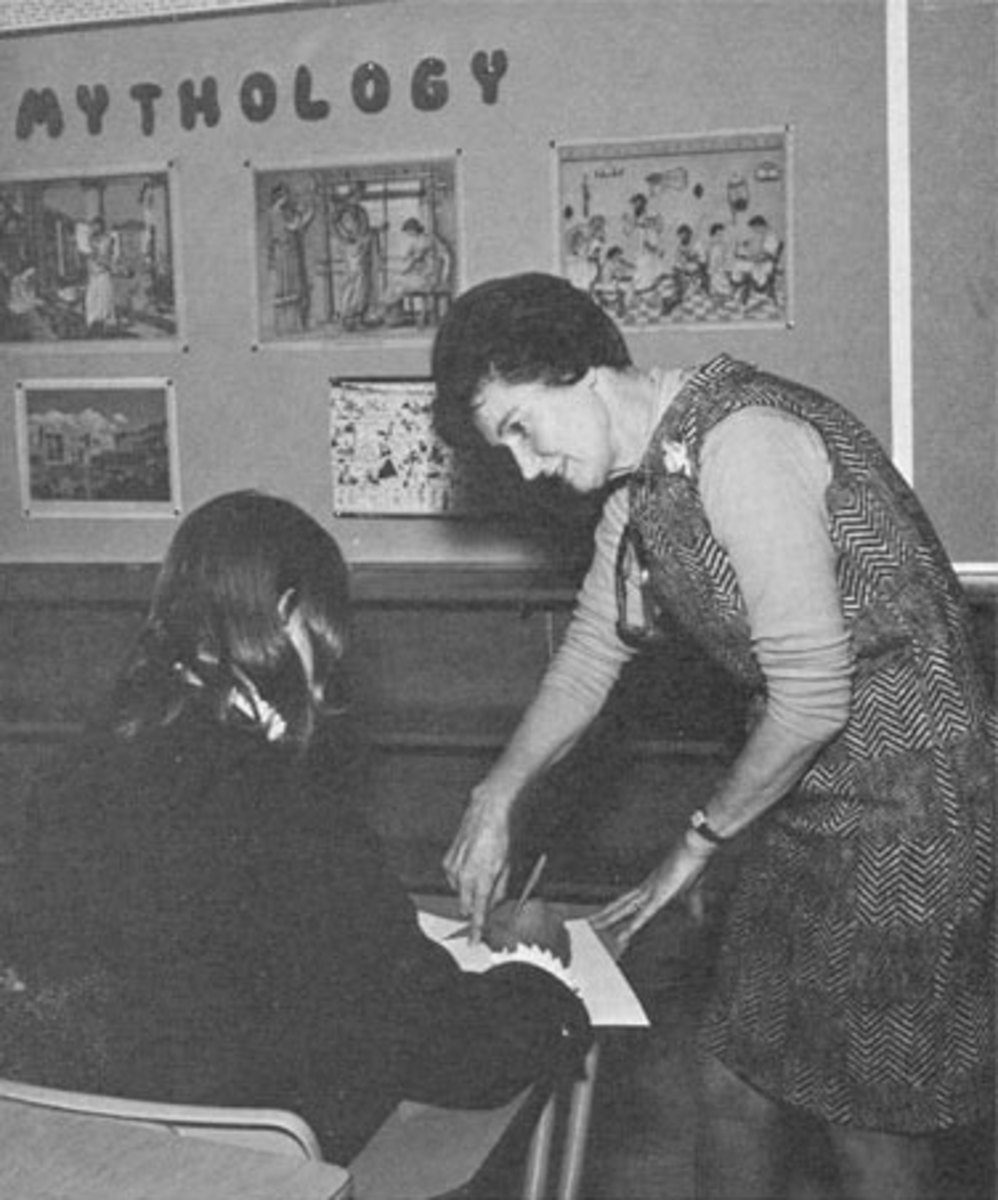- HubPages»
- Books, Literature, and Writing»
- Commercial & Creative Writing»
- Word Usage & Grammar
The 15 Most Common Grammar Mistakes
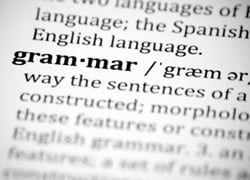
When it comes to writing errors, we often think about our spelling but do not always give the same consideration to our grammar. Grammar mistakes are just as common and there are many traps and reoccurring habits that people fall into – whether they are just learning the language or have been writing fluently for decades. Here are fifteen of the more common grammatical errors to watch out for.
Pluralization and when to use 'an'
1) Pluralization is an area of grammatical mistakes that seems fairly straightforward, surely you just stick an 's' after everything, dog therefore becoming dogs. But what if you have more than one fox? Not every plural simply ends with an 's', it can depend on the last letter of the word you are trying to transform. In some cases you will require the use of 'es' – such as with foxes and their lunches.
2) This is not the only exception. A word ending in a 'y' needs 'ies' in replacement of the 'y'. Your query then becomes queries, and your dog's puppy becomes puppies.
3) A related issue on the subject of pluralization is the end of the word an. From our early childhood we are taught that an singular forms require either an 'a' or an 'an' in front of them, and that 'an' is used when the subject or its adjective begins with a vowel – for example a dog and an excitable dog.
4) This rule is, however, far too straightforward and like most grammatical rules there are exceptions to complicate matters. As you can see from the previous paragraph, when talking about specific letter rather than words, an 'an' was used in front of the letter s and there are many consonants where 'an' is used when writing them on their own.
5) There are also a number of U words – specifically those with a y consonant sound – that require an 'a' instead and some H words where you would use 'an'. We took the dog out for an hour-long walk and the opinion that it was a tiring walk was a unanimous one.
Apostrophes, possession and contractions
The next example of common grammar mistakes is one that many people struggle with: apostrophes. Too many times, readers and editors will find mistakes with the misuse of apostrophes, but the placement of this tiny little punctuation mark can be crucial in determining the meaning of a sentence.
6) Generally speaking, apostrophes are a symbol of possession – if your dog has a new bone then it is your dog's bone not dogs bone, the later suggesting it is one bone designed for dogs as a group.
7) With a singular object it goes before the s – the dog's bone, – but with pluralization and collective possession the symbol moves to the end of the word – the dogs' bones.
8) As expected, there is an exception to the rule. This is why there is always so much confusion of the correct usage of 'it's' and 'its'. This widespread error in grammar occurs because people assume that if an apostrophe is possessive, it's must be the correct form – as in the dog loves it's bone – however this is incorrect, the dog loves its bone. The use of 'it's' is instead a contraction of it is. The dog loves its bone, it's a meaty bone.
9) While on the subject of contractions and apostrophe usage, there is one other grammatical error to consider. Many people use the forms could've, should've and would've in their work and there is nothing wrong with this form, the apostrophe is in the right place, but the problem lies in the attempts to right the longer version. For some reason, people assume that the correct phrases are could of, would of and should of, where in fact it is have not of. Some attributed this to laziness, others to taking the pronunciation of the word literally – either way it can be irritating for all reader.
Incorrect word forms
Amateur writers, and those learning English as a second language will find that there are many similar words and forms of the same word that trip them up, but it is surprising how many of these simple grammar mistakes are made by those that are fluent or even class themselves as proficient. Let's us begin with a couple of the more common ones: 'there' and 'your'.
10) 'There' is a word that even the best writer will accidentally get wrong and quickly curses themselves for. While 'there' has a few uses, possession is not one of them. In that instance you will require 'their' or if you are looking for the contraction of 'there are' you would use 'they're'. An example of this would be the following – There is a couple in the park walking their dogs and they're enjoying the fresh air.
11) The 'your' and 'you're' scenario should be fairly easy to remember, 'your' is possessive and 'you're' has the apostrophe of a contraction and therefore means you are – e.g. you're a responsible dog owner because your dog is well fed and looked after. Having said this however, whether out of poor teaching or just bad habit the two are often confused.
12) Within that previous sentence we have also stumbled across another well-used mistake in grammar. That was the correct use of the word whether, but there are many who would just as easily substitute it for weather.
13) Another example of confused and misplaced words is the substitution of effect and affect – the nourishing effect of my dog's bone will affect his appetite.
14) Similarly there is the less well known who and whom. Whom is viewed as an antiquated word by some but it should be in common usage depending on context. An example of the difference can be seen in the following exchange – Who is Laura? Laura is a woman, whom I met in the park.
15) Finally there is the issue of how many o's to add to the word 'to'. As you can see, generally there is only one, and we all know to add a w if we are to write a number, but it is in express an excessive amount of something that we often forget that we need this extra o – for instance if your dog is too tired to play or its bone is too big to finish.
Eradicating grammar mistakes is simple with practice
These are just three categories of some of the most commonly occurring grammatical errors that we all make at some point in our writing. There are undoubtedly many more that you will experience that have not been mentioned but hopefully this will act as a basic guide. With this tips, some patience and some practice it should not take long for these mistakes and bad habits to disappear.
References and resources
- Common Errors in English Usage
Paul Brian's website on common English mistakes. - Grammar rules review
A well written grammar rules review. - Englishgrammar.org
Free English grammar lessons and exercises. - 12 Grammatical Errors Startups Must Avoid
The 12 deadly grammatical errors a startup must avoid. Good read, not only for entrepreneurs. - Grammarcheck.net
One of the better free grammar check sites


